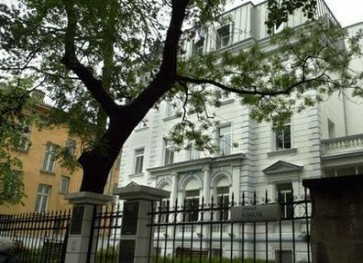BULGARIAN AMERICAN CREDIT BANK'S LOAN BOOK WORSENS
Bulgarian-American Credit Bank (BACB) has registered a sharp deterioration in its credit portfolio over the past year, shows the company's capital-hike prospectus published on August 24.
The Financial Supervision Commission (FSC) approved the document on July 17.
Only 35 per cent of its outstanding loans, worth 214 million leva, have been serviced regularly, compared to a 60.4 per cent a year ago, according to the papers.
More than 22.3 per cent of loans amounting to 136.1 million leva are under surveillance. Non-serviced loans total 84.7 million leva, or 13.9 per cent of all credits, while loan defaults stand at 176.2 million leva, speaking for 28.8 per cent of all.
The capital increase follows the central bank's requirement and its parameters have been set by the former owner of BACB, Allied Irish Banks (AIB). BACB would raise 50.5 million leva if all 12 624 725 newly issued shares are subscribed at four leva apiece. Trade in rights to participate in the capital increase will start on August 31 and close on September 14. Any leftover rights will change hands on September 26.
"The capital boost will help BACB meet its short-term financial needs, but the restructuring of its credit portfolio, both in terms of quality and exposure to business sectors, will be the major challenge. This is probably the only real chance for the bank to solve the financial mess it has been in over the past two years," Karoll analyst Kamelia Lazarova told Dnevnik.
"The poor loan quality will continue to weigh on the bank's financial performance," said Elana Trading expert Tamara Belcheva.
"BACB's significant exposure to the construction and real estate sectors and to small and medium-sized enterprises (SMEs), along with the large portion of mortgage-backed credits account for the high level of bad loans. Loan write-downs and provisions have surged over a year to 290 million leva and 124 million leva, respectively, from 121 million leva and 71.5 million leva," she said.
Mortgage and property-related loans made over 60 per cent of gross loans, while loan write-offs exceeded 47 per cent at the end of June.
Karoll analyst Lazarova reckons the strengthening of the bank's loan book would be hard to attain, given the slow economic recovery and continued real estate market stagnation.
Another way to improvement would be large-scale asset growth aimed at cutting risk exposure, which, however, would require much more funds than the planned capital hike of 50 million leva, Lazarova said.






